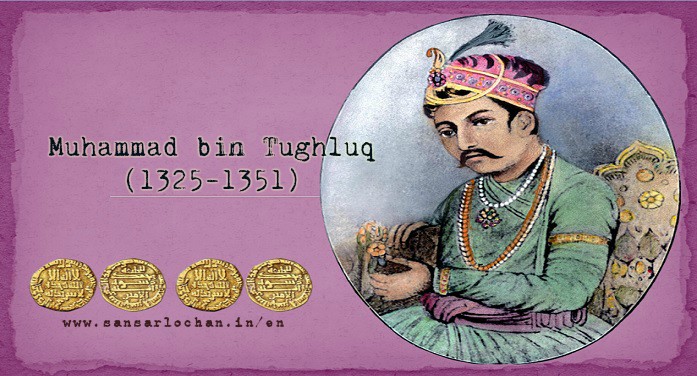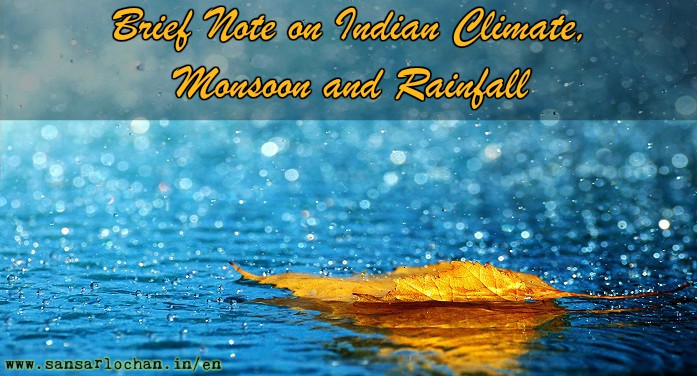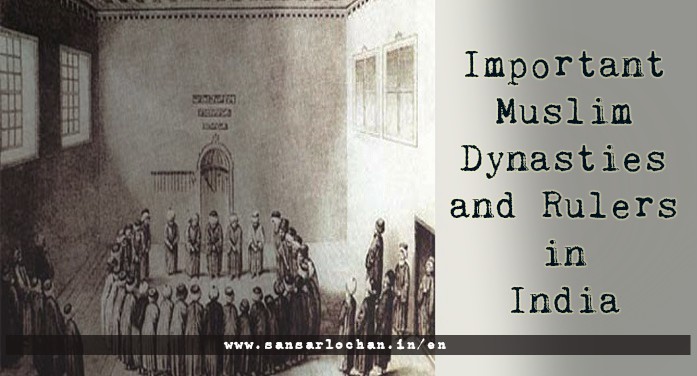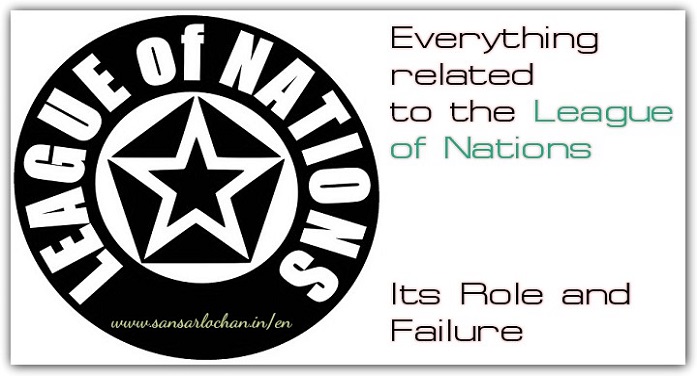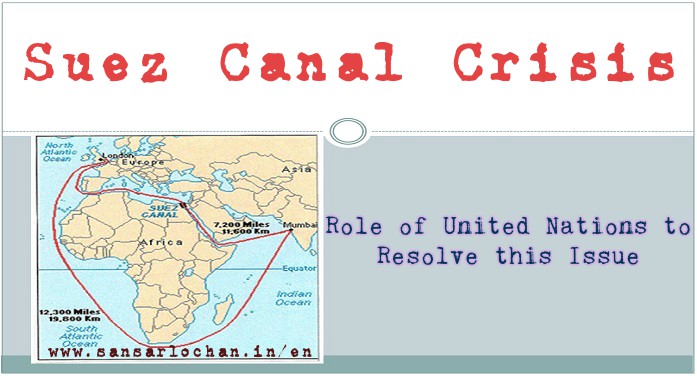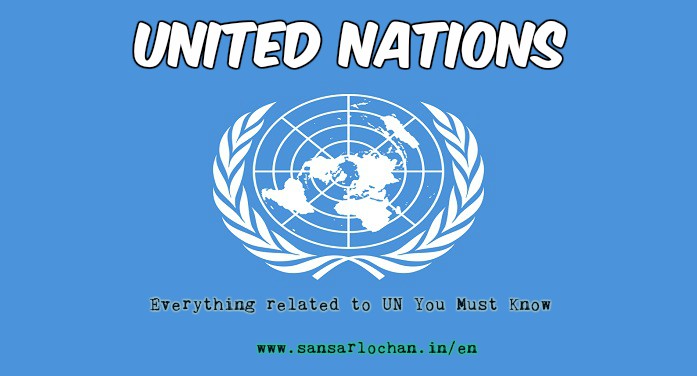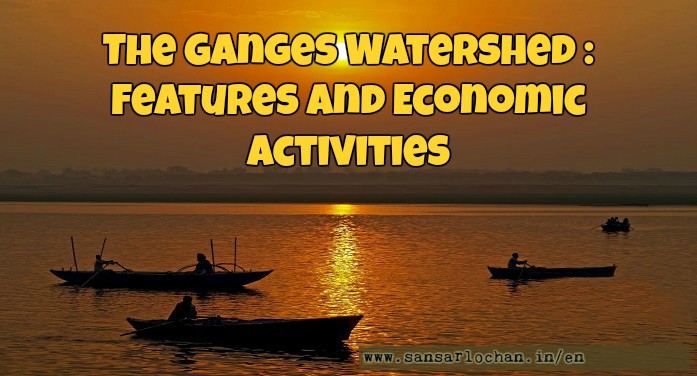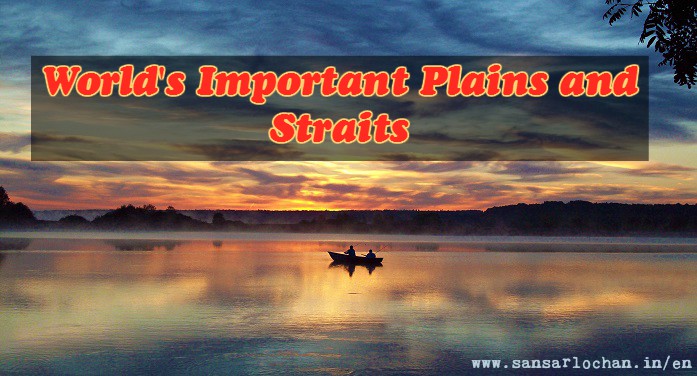Muhammad bin Tughlaq was born in 1300 in Multan, Pakistan. After the demise of Ghiyasuddin Tughlaq, his eldest son Fakhruddin Muhammad Juana Khan alias Muhammad bin Tughlaq, mounted the throne at Tughlaqabad. Muhammad bin Tughlaq’s character was a mixture of opposites and extremes. He ruled for twenty-six years (1325-1351). Some of his administrative mistakes made him unpopular, and were responsible for his failure as … Read More
Brief Note on Indian Climate, Monsoon and Rainfall
India is a country of diverse climatic regions. Temperature and rainfall differ widely across the length and width of the sub-continent. As we all know, the Indian climate is classified as a Monsoon climate. In fact, Monsoon rules over not only India and Pakistan but also the South-East countries. Interestingly, the rainy season does not cover the entire country uniformly. … Read More
Important Muslim Dynasties and Rulers in India – Medieval History
In this article we are giving you a brief note on important Muslim dynasties and rulers in India. As we know in eighth century A.D. there was a huge military expansion of Islam. It cast its shadow on North-West India also. However, this was a temporary phase for Islamic interventions in India. But from 11th century onwards Islam re-visited India on a … Read More
Everything related to the League of Nations : Its Role and Failure
League of Nations was an international organisation which came into existence on January 10, 1920 as a part of Versailles Treaty. Its object was to promote international cooperation and achieve world peace. Its aims were embodied in the Covenant, which also contained fundamental clauses for the prevention and settlement of disputes. The member nations bound themselves not to resort to … Read More
[UPSC Mains] Questions on Fundamental Rights for IAS Mains GS Paper 2
Hope you have already read our article on Fundamental Rights. Here we are giving you a list of possible questions on this topic that UPSC may ask you in GS Paper 2 UPSC Mains examination. Write answers of these questions in at least 200 words. The questions given below are shuffled assortment of questions asked in previous years as well those … Read More
Suez Canal Crisis and Role of United Nations to Resolve this Issue
As we have already seen in our previous article how the United Nations plays important role in solving international issues. In this article, we are taking the example of Suez Canal Crisis where an important organ of UN i.e. General Assembly played a big role to resolve the issue. The General Assembly of United Nations All member countries are represented in the … Read More
United Nations : Things You Must Know about the UN
Although, the United Nations is not a nation; neither a world government; nor it has citizens and collects no taxes; has no regular army, but it is nevertheless a great force to keep peace in the world. This is its most important function. It has stopped wars that were already being fought on the battlefield. The United Nations aims to raise the standard … Read More
The Ganges Watershed : Features and Economic Activities
The Ganges Plain lies between the northern edge of the Deccan, which plunges abruptly into the alluvial plain. It is one of the largest plains in the world and stretches almost horizontally for a thousand miles from Amritsar to Calcutta. The whole area is dominated by the River Ganges itself which forms a natural demarcation line between the differing northern and … Read More
Chief Worldwide Styles and Designs in Architecture
The architectural styles widely defer throughout the world. Different regions have evolved their own styles of structures. These styles are very individual in design and formation. In fact they represent the individual entities of the different areas throughout the Globe. There is a historical perspective to the development of these styles. Have a look at chief worldwide style and designs … Read More
World’s Important Plains and Straits – General Knowledge
In physical Geography, we study a number of natural forms. Of these forms here we will have a look at two very important once vis. Plains and Straits. Plains are those land masses that are relatively flat and are generally products of rivers. They are formed chiefly through the sediments associated with a certain river. On the other hand, straits … Read More
